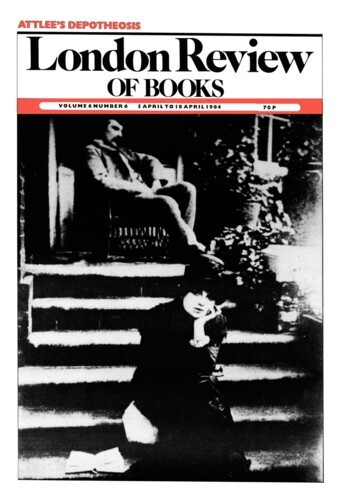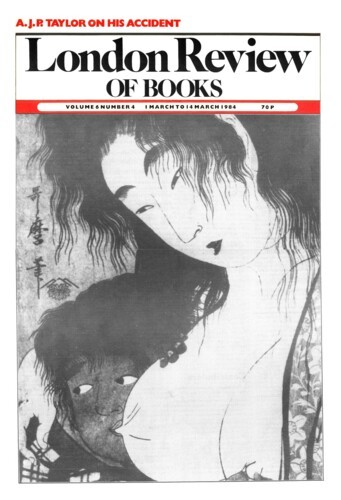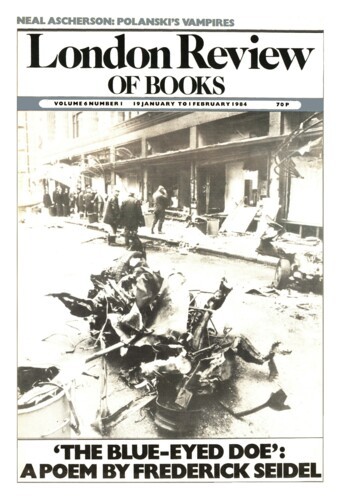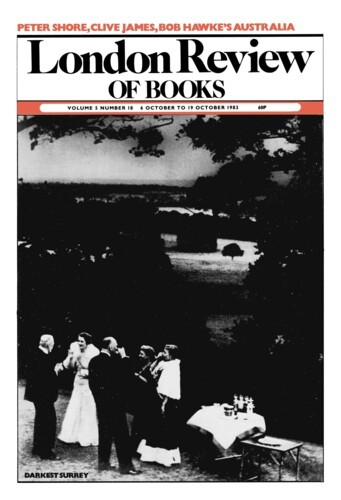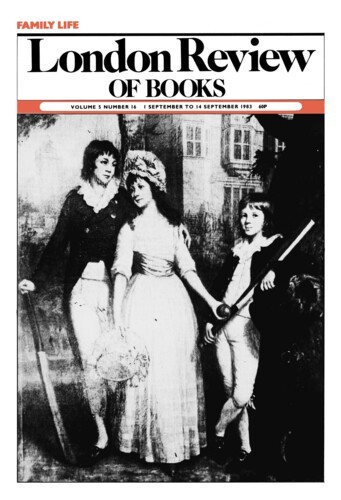Poem: ‘Funnelweb’
Clive James, 5 April 1984
The flame reflected in the welder’s mask Burns the board-rider’s upstage fingertips That cut a swathe across the curved sea-wall Inside the Banzai Pipeline’s tubular swell. Sopranos feel the same fire on their lips Kissing Jochanaan as befits the task.
The crank-winged Chance-Vought F4-U Corsair When turning tightly spilled white vortices Behind its wing-tips in the cobalt...
